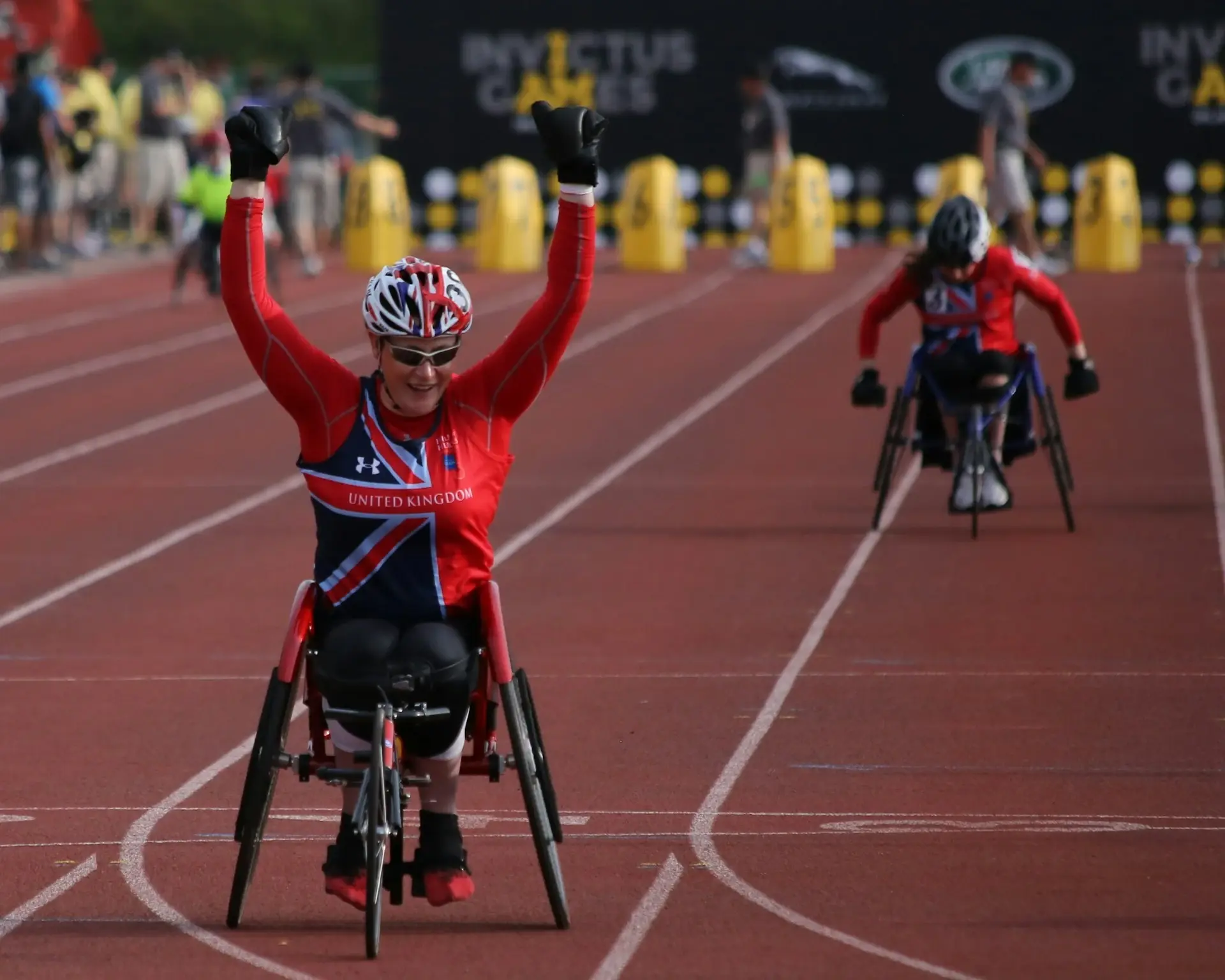The 2024 Paris Summer Paralympic Games began Aug. 28, about two weeks after the Olympic Games ended, and concluded Sunday, Sept. 8. The games brought together about 4,400 athletes from around the world, who competed in 549 medal events across 22 sports.
Athletes are classified into 10 impairment categories within three distinct groups: physical impairments, vision impairments and intellectual impairments. These categories ensure fairness and integrity in competitions. As described on the International Paralympic Committee’s website, "Classification aims to minimize the impact of the impairment on athletes' performance so that sporting excellence determines which athlete or team is ultimately victorious."
Following suit with the Olympic Games, the Paralympic’s opening ceremony was innovative, taking place outside the traditional stadium confines. The parade wound through the streets of Paris, centering on the Place de la Concorde and the Champs-Elysées. The ceremony incorporated 500 performers, including dancers and pop stars, in a performance designed for universal accessibility so that all "athletes, participants and spectators [could] enjoy an experience that [was] free from any barriers."
The delegation of the People's Republic of China won the most medals, earning 220 across 19 sports, including 94 golds. The United Kingdom and the United States followed with 124 and 105 medals, respectively. The U.S. team competed in 20 sports, earning podium finishes in 16.
Some delegations emerged as surprising contenders. Brazil and Colombia, the two Latin American countries that earned the most medals with 89 and 28 respectively, performed better in the Paralympics than in the Olympics. Both countries showed particular strength in track and field and swimming competitions. Brazil finished fifth overall, improving two places from the 2020 Paralympics. Colombia made a significant leap, moving from 37th to 19th in the medal table.
"It's impressive that a country like Colombia has managed to achieve such success," said Nicolas Villalba, a sophomore and international student from Bucaramanga, Colombia. "It was exciting to see our athletes winning medals and singing our national anthem. I wish the Colombian government would invest more in sports so we could see events like these more often."
These were not the only Latin American countries with notable achievements. Costa Rican athlete Sherman Isidro Guity Guity made Paralympic history for the second time. After winning Costa Rica's first-ever Paralympic medals in Tokyo 2020 with gold and silver in the T64 200m and 100m events, Guity secured two gold medals in Paris 2024, setting new Paralympic records in both events.
These achievements resonated deeply with Costa Ricans, both at home and abroad. José Conejo, a Costa Rican junior and track and field athlete, shared his perspective.
"It is really encouraging to see how Costa Rican athletes get to represent our country despite life's circumstances. Sherman was not born with this impairment; it happened in an accident. Sherman did not give up and showed everyone that dreams come true. Thanks to that, we saw the Costa Rican flag and heard the national anthem TWICE in these Paralympic Games."
Despite the great reception of the games, some have also mentioned the lack of attention the Paralympics often receive in comparison to the Olympics.
“I really wanted to watch and follow the events, but finding the actual schedules for the competitions was kind of hard,” commented intercultural studies major Ian Contreras. “There wasn’t as much advertisement for the Paralympics as there was for the Olympics, and I think a big part of that is because of ableism.”
However, the 2024 Paris Paralympic Games have made significant strides in challenging these perceptions and breaking down barriers. Andrew Parsons, president of the International Paralympic Committee, highlighted the games' impact, mentioning the particularly high broadcast numbers these games had: "When we have numbers of broadcasting as the ones we have here, it shows that we are expanding the reach of the Paralympic Movement, and this means impact. First of all, they understand that if we can remove barriers and allow athletes with disabilities to excel on a global stage, as we do in the Games, we can do it everywhere in society. And this is the strongest message."
Parsons' words echo the sentiment that the Paralympics are not just about sport, but about societal change. The increased visibility of these games, despite the challenges noted by students such as Contreras, represents a step forward in combating ableism and promoting inclusivity.
Looking ahead, the success of future Paralympic Games depends not only on the organizers but also on public engagement. Embracing the Paralympic values of determination, equality, inspiration and courage in everyday life could contribute to a more inclusive society. Such a shift in perspective may help create an environment where athletes of all abilities have equal opportunities to excel on the global stage.
As preparations begin for the 2028 Los Angeles Paralympics, the legacy of Paris 2024 serves as a reminder of sport's power to unite, inspire and transform perceptions.
Photo courtesy of Audi Nissen

Celeste Masis
Celeste is a student at John Brown University.





